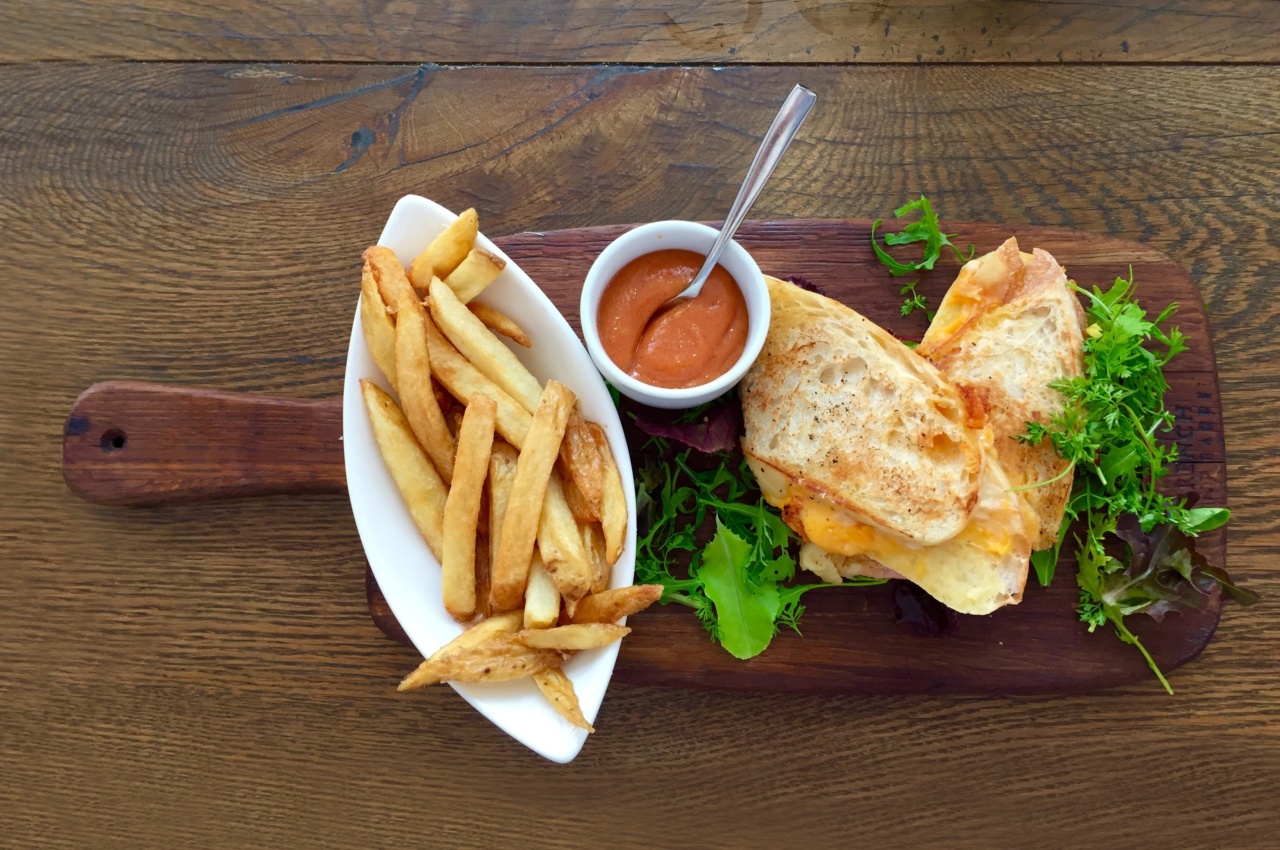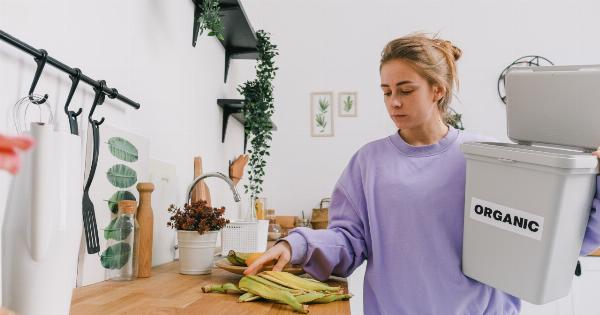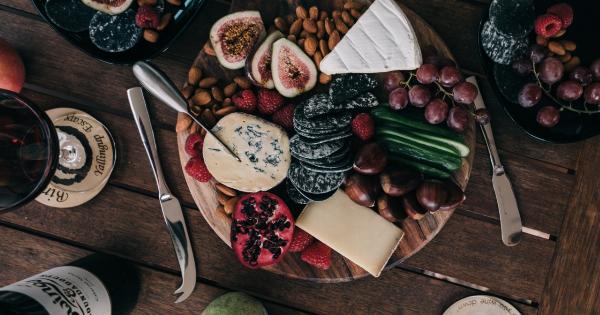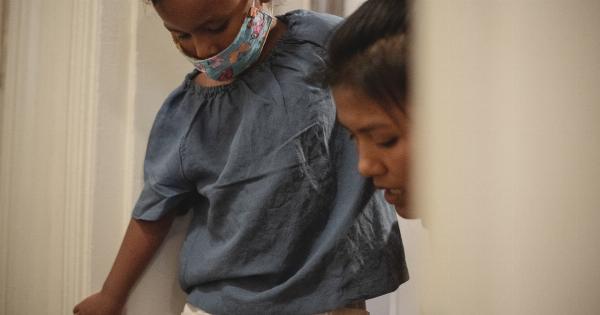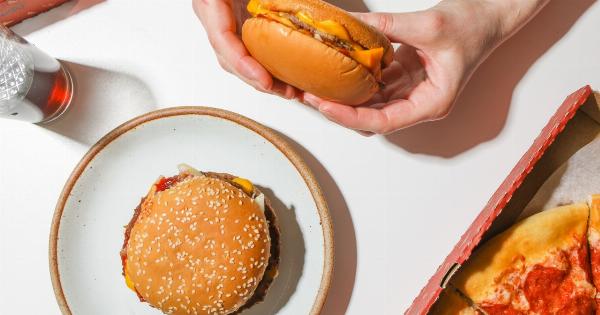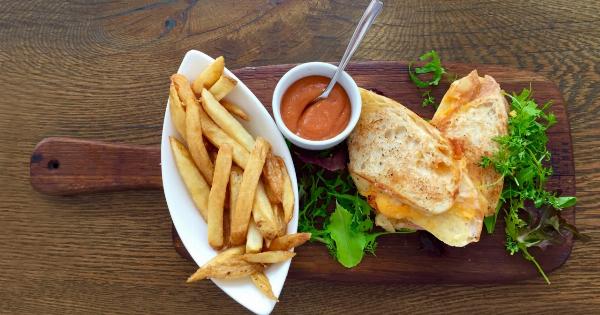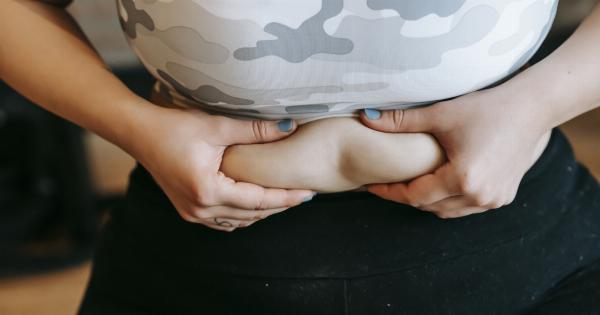It’s no secret that the combination of eating junk food and lack of sleep can wreak havoc on our health and wellbeing. From weight gain to brain fog, and even compromised immune function, the negative effects of these habits are numerous.
Fortunately, with the right strategies, it’s possible to break these patterns and prioritize healthy eating and restful sleep. In this article, we’ll explore some practical tips for doing just that.
Understand the Connection Between Junk Food and Sleep
At first glance, it might not be immediately clear how these two habits are linked. However, research shows that the consumption of processed, calorie-dense foods can interfere with our body’s natural sleep cycles.
For example, a diet high in sugar and refined carbs can lead to blood sugar spikes and crashes, disrupting our circadian rhythm and making it harder to fall asleep or stay asleep for sustained periods of time. Additionally, junk food can contribute to sleep apnea, a condition where breathing is interrupted during sleep, affecting both the quality and quantity of rest we get.
Cut Back on Junk Food Gradually
If you’re used to consuming a lot of junk food, cutting it out cold turkey can be a big challenge. Rather than setting yourself up for failure, try easing into healthier eating habits gradually.
Start by reducing your intake of sugary drinks, processed snacks, and fast food. Incorporate more whole foods like fruits, vegetables, whole grains, and lean protein into your diet, and experiment with healthy recipes to keep things interesting.
Over time, you can continue to make adjustments until you’re eating a balanced diet that supports your health and wellness.
Create a Sleep-Friendly Environment
To get better sleep, it’s important to create a sleep-friendly environment. This means creating a dark, cool, and quiet space that is conducive to rest.
Make sure your mattress and pillows are comfortable and supportive, and invest in blackout curtains or an eye mask if necessary. Also, try to avoid using electronic devices in the bedroom, as the blue light can interfere with your body’s natural sleep cycles.
Establish a Bedtime Routine
Having a consistent bedtime routine can signal to your body that it’s time to wind down and prepare for sleep.
Try to establish a relaxing routine that works for you, such as taking a warm bath or shower, reading a book, or practicing gentle yoga or meditation. Avoid stimulating activities like watching TV or using your phone in the hour before bed, and aim to go to bed and wake up at the same time each day to help regulate your sleep-wake cycle.
Avoid Caffeine and Alcohol Before Bedtime
Drinking caffeine or alcohol before bedtime can both disrupt your sleep patterns, making it harder to fall asleep or stay asleep for long periods of time.
Caffeine is a stimulant that can keep you awake and make it harder to feel rested the next day, while alcohol can interfere with the quality of your sleep, leading to more frequent awakenings throughout the night. Try to avoid these substances in the hours leading up to bedtime, and opt for herbal tea or other non-caffeinated, low-sugar beverages instead.
Exercise Regularly
Regular exercise has been shown to improve sleep quality and duration, as well as reduce stress and anxiety. Even just 30 minutes of moderate exercise each day can make a big difference in how well you sleep.
Experiment with different types of exercise to find what works for you, whether it’s running, yoga, or strength training. Just be sure to avoid exercising too close to bedtime, as it can stimulate your body and make it harder to fall asleep.
Get Professional Help if Necessary
If you’re struggling with junk food addiction, sleep disorders, or other health issues that are affecting your ability to eat well and get restful sleep, it may be time to seek professional help.
Talk to your doctor, a registered dietitian, or a mental health professional to get guidance on how to make positive lifestyle changes and better support your overall health and wellbeing.
Conclusion
Breaking the cycle of junk food and poor sleep isn’t easy, but it is possible.
By making gradual changes to your diet, creating a sleep-friendly environment, establishing a regular bedtime routine, avoiding substances that can disrupt your sleep, exercising regularly, and seeking professional help if necessary, you can get back on track and prioritize your health and wellbeing.
